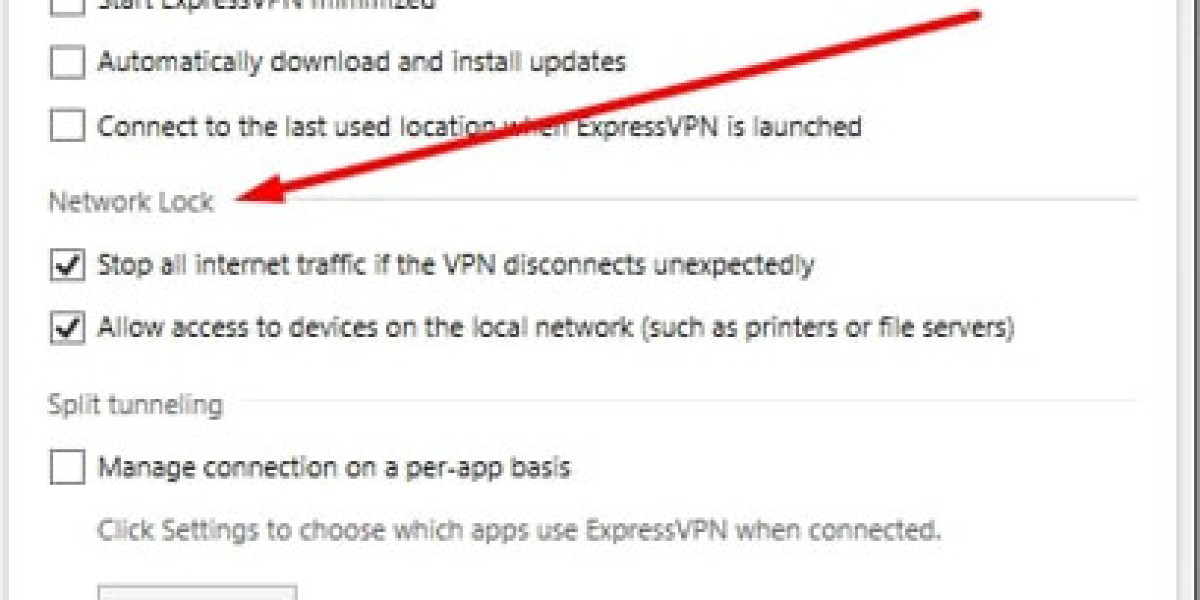Understanding Psychiatry Private Practice: A Comprehensive Overview
Psychiatry private practice refers to a mental health service model where certified psychiatrists run individually or within small groups to offer psychiatric assessment, diagnosis, and treatment to customers. This model has actually grown in appeal over the years for different reasons, consisting of increased accessibility to mental health services, personalized care, and a dedication to client confidentiality. This article explores the subtleties of psychiatry private practice, covering its advantages, challenges, operational structure, and frequently asked concerns.

The Role of Psychiatrists in Private Practice
Psychiatrists are medical doctors concentrating on the diagnosis and treatment of mental health conditions. They have substantial training in both medicine and psychiatry, which allows them to prescribe medication and deliver detailed care. In a private practice setting, psychiatrists concentrate on:
- Conducting extensive examinations and evaluations.
- Developing customized treatment strategies.
- Monitoring and adjusting medications for optimal outcomes.
- Providing psychiatric therapy or working together with therapists when necessary.
Benefits of Psychiatry Private Practice
Pursuing a career in psychiatry private practice can be highly rewarding. Here are some essential benefits related to this model:
Autonomy and Flexibility: Psychiatrists in private practice have the liberty to set their schedules, pick their methods, and identify the scope of services provided.
Customized Patient Care: With fewer patients compared to bigger practices, psychiatrists can deliver more customized attention to each customer, cultivating a deeper restorative relationship.
Confidential Environment: Private practices generally provide a more secluded setting than bigger clinics, which may make patients feel more comfy discussing sensitive concerns.
Prospective for Higher Earnings: While start-up expenses are considerable, private practice can result in higher earnings potential compared to salaried positions in healthcare facilities or organizations.
Varied Treatment Modalities: Psychiatrists can integrate various healing methods and treatment choices, including psychotherapy, medication management, and lifestyle interventions.
Challenges in Psychiatry Private Practice
While the advantages are considerable, numerous obstacles accompany the facility and maintenance of a private practice. A few of the substantial obstacles include:
High Initial Costs: Setting up a private practice can need a considerable monetary investment, including workplace, devices, marketing, and legal compliance.
Insurance Complications: Navigating insurance coverage reimbursements can be elaborate. Psychiatrists may face hold-ups in payment or denial of claims, which can interrupt financial stability.
Administrative Responsibilities: Running a private practice includes handling numerous administrative tasks, consisting of billing, scheduling, and regulative compliance, which might diminish client care.
Restricted Patient Pool: In some locations, particularly rural or underserved areas, bring in an adequate client base can be difficult.
Work-Life Balance: The needs of running a private practice might trespass upon personal time, leading to burnout if not handled effectively.
Functional Framework of a Private Psychiatry Practice
Producing an effective private practice includes numerous important steps. Understanding the functional structure can be helpful for striving psychiatrists. The components typically consist of:
1. Licensing and Certification
- Obtain Necessary Credentials: Psychiatrists must complete medical school, a residency in psychiatry, and obtain a license to practice in their state.
2. Service Planning
- Prepare a Business Plan: Outline the practice's vision, target market, and financial projections, and recognize startup costs.
3. Place and Office Setup
Pick a Strategic Location: Setting up an office in a community with a high need for mental health services is important for success.
Office Design: Create a soothing and welcoming environment conducive to therapy.
4. Legal Compliance and Insurance
- Register the Practice: Comply with regional regulative requirements, including obtaining insurance coverage and meeting state laws.
5. Marketing Strategy
- Develop a Marketing Plan: Utilize both online presence (sites, social media) and neighborhood outreach to draw in clients.
Regularly Asked Questions (FAQs)
1. What is the distinction between a psychiatrist and a psychologist?Psychiatrists are medical physicians who can prescribe medication and carry out medical interventions, while psychologists normally provide psychotherapy and can not recommend medication. 2. How long does it normally require to establish a private practice?The timeline can differ commonly. After residency, establishing a practice might take anywhere from 6 months to several years, depending upon private situations. 3. Is private practice right for every single psychiatrist?Not necessarily. Those who choose structured environments might find medical facility or clinic roles better, while others who value independence might flourish in private practice. 4 , personal engagement with customers, and the opportunity to provide quality mental healthcare. Though it presents its set of obstacles, with cautious planning and operational awareness, psychiatrists can develop a flourishing practice that fulfills the needs of their neighborhood. A dedication to constant education, adjustment, and patient-centered care will not only boost the success of the practice however also contribute to enhanced results for people looking for mental health support. Table: Benefits and Challenges of Psychiatry Private Practice Benefits Challenges Autonomy and Flexibility High Initial Costs Customized Patient Care Insurance Complications Confidential Environment Administrative Responsibilities Potential for Higher Earnings Restricted Patient Pool Diverse Treatment Modalities Work-Life Balance Issues
. How do I handle insurance coverage claims in private practice?Many psychiatrists select to deal with billing services or electronic health record systems that enhance the claims process, however comprehendingthe basics of insurance operations is vital. 5. What can I do to market my practice effectively?Creating a professional website, engaging on social networks, networking with regional health care providers, and making use of online directories can boost exposure. Psychiatry private practice offers a special blend of autonomyThe landscape of psychiatry private practice continues to progress, reflecting
wider changes in mental health awareness and treatment approaches. It 's important for potential psychiatrists to consider their goals, worths, and the communities they work as they start this fulfilling career course. 








